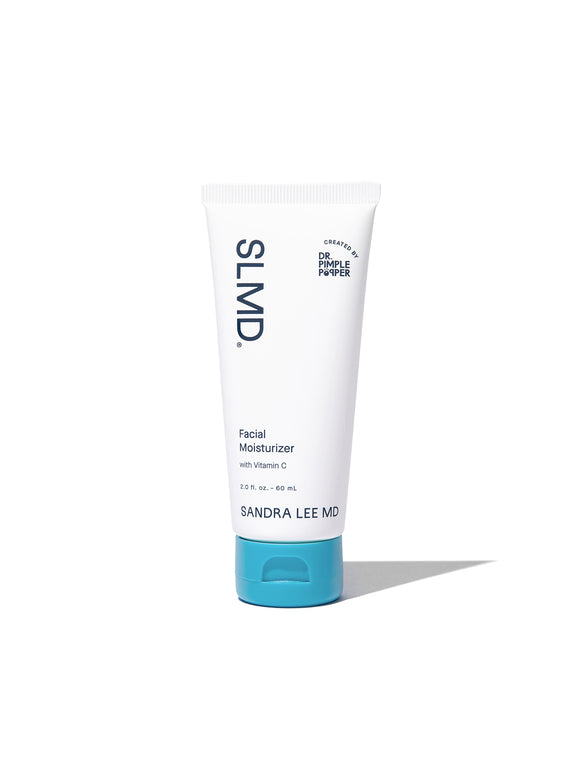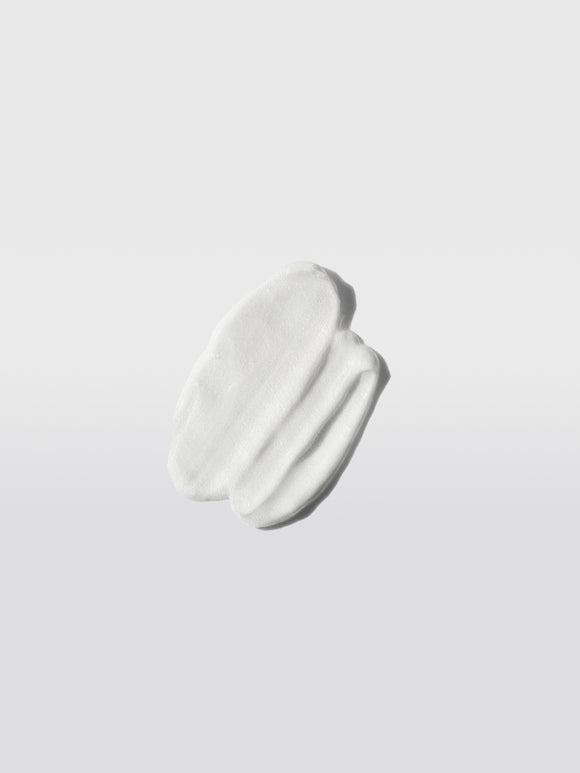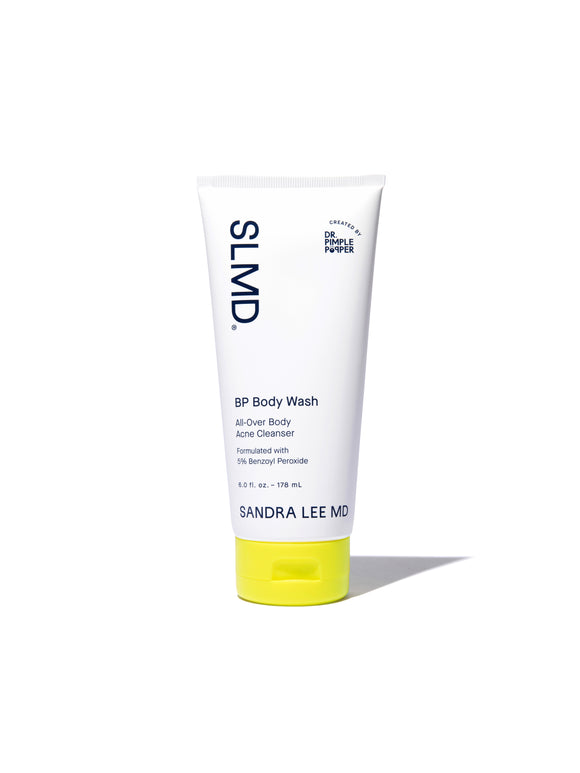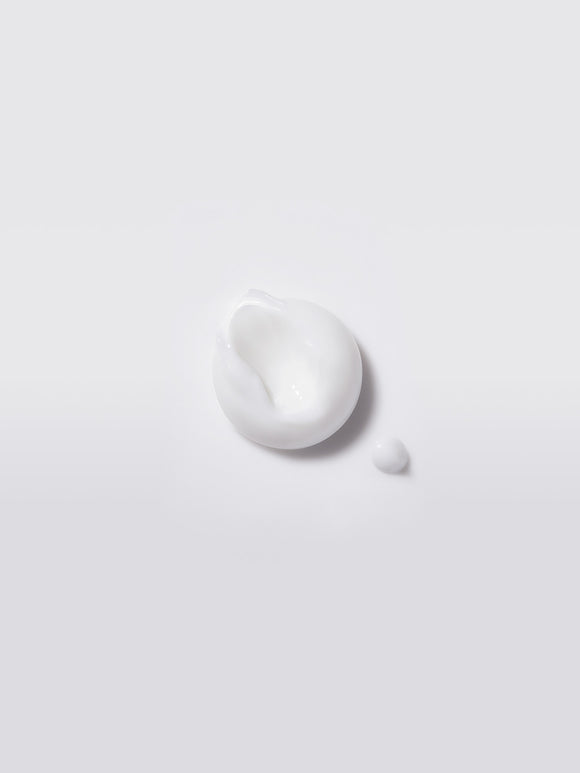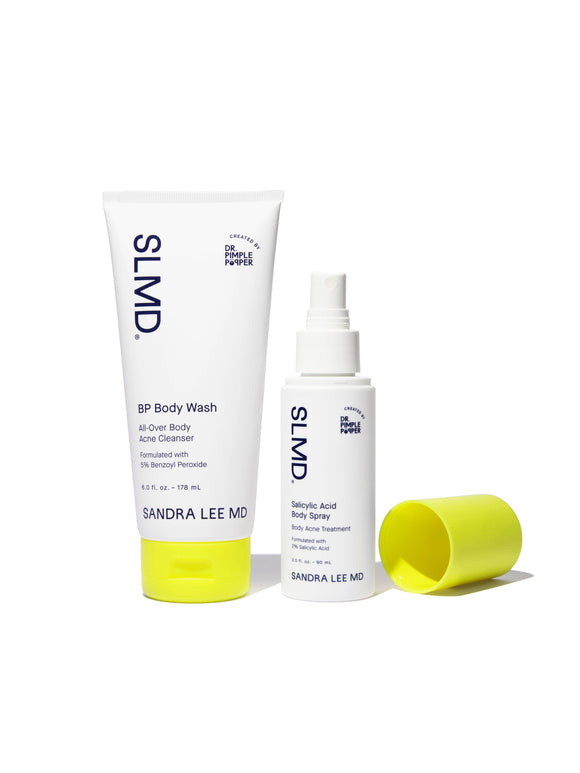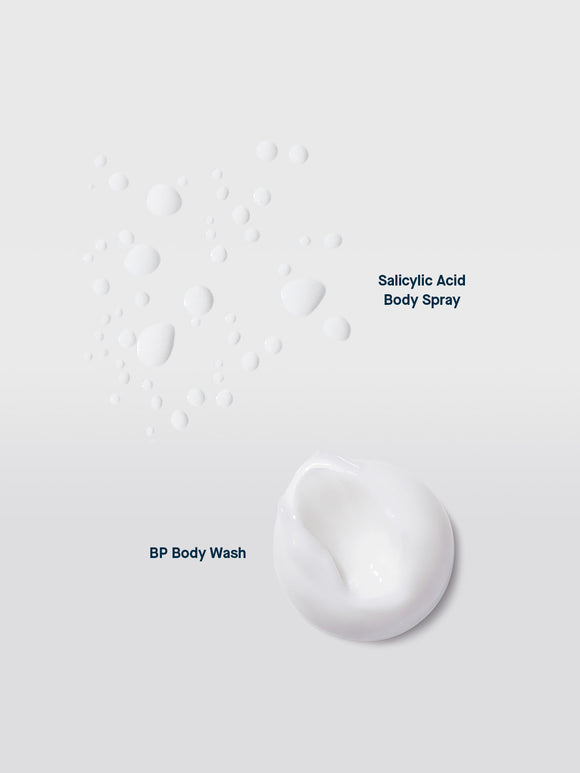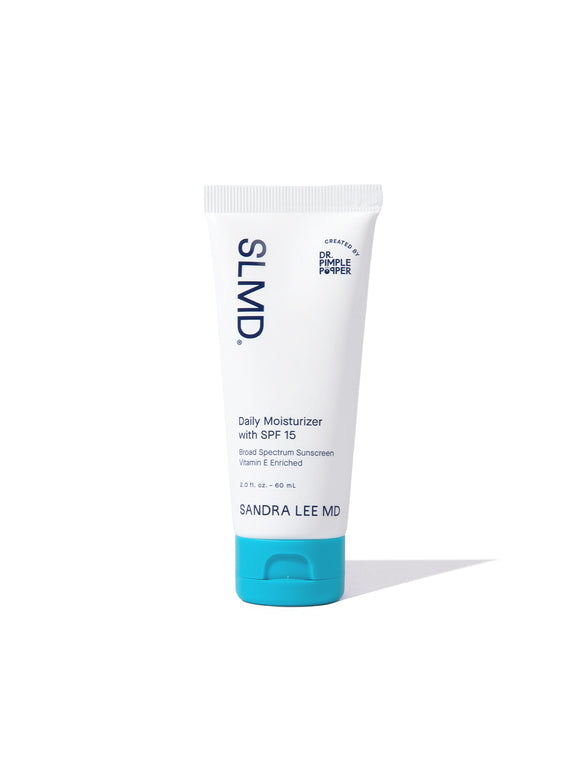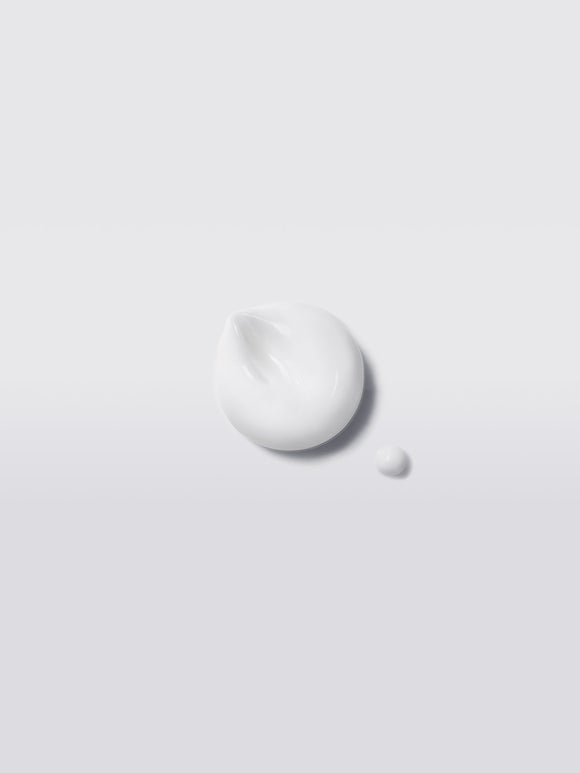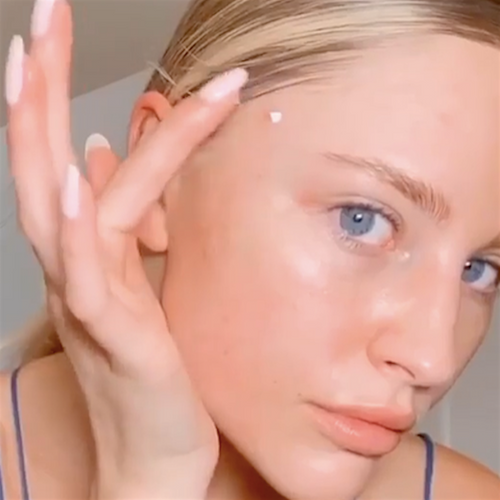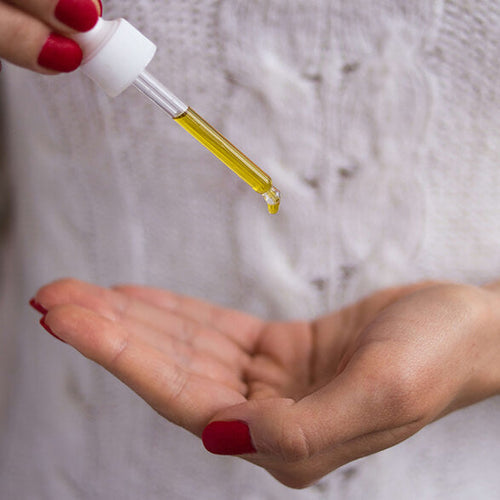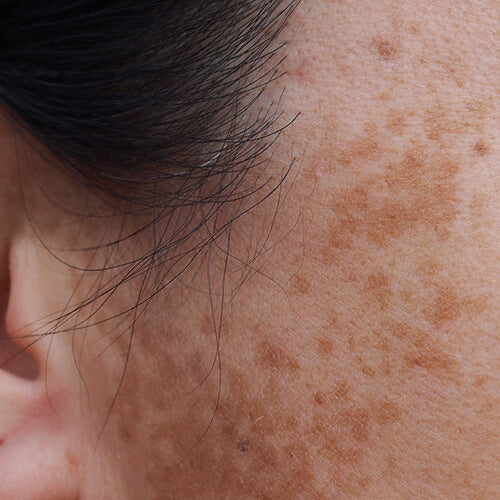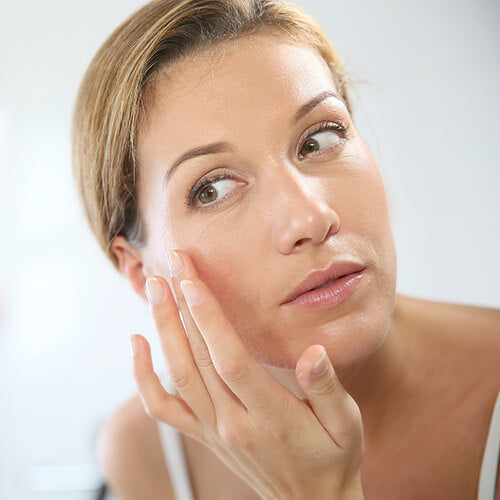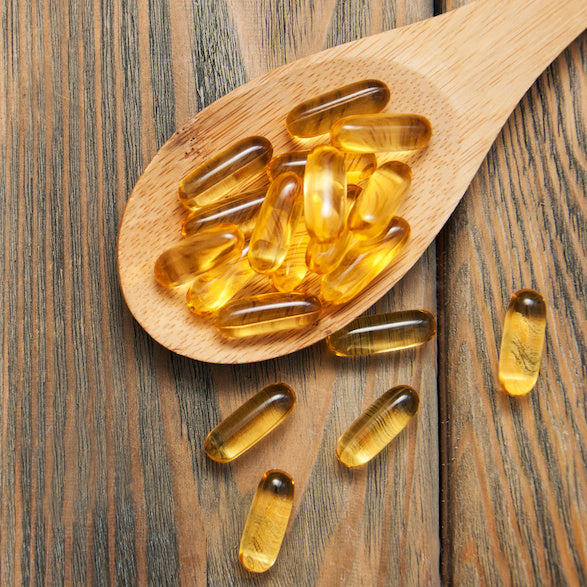
Ingredient Spotlight: Vitamin E
Find out why this superstar nutrient is one of skincare's best multitaskers.Published:
3 minute read
It may not be particularly trendy, but vitamin E is essential — literally — to skin health. Here, we explain everything you need to know about this hard-working nutrient, and why it's beneficial to so many different skin concerns.
Article Quick Links
What is vitamin E?
Scientifically known as tocopherol, vitamin E is a fat-soluble antioxidant. The human body can’t produce its own vitamin E, which makes it an essential vitamin: the only way to get it is through food or supplements. Seeds and nuts, dark leafy greens, and avocado provide some of the richest sources of vitamin E.
As an antioxidant, vitamin E plays a crucial role in protecting cell membranes from oxidative damage caused by free radicals. This holds true for skin cells, too, making this vitamin a vital component in many skincare formulations.
What does vitamin E do for your skin?
Vitamin E has been extensively studied since the early twentieth century, first for its role in nutrition and later for its importance in skin health. Research has shown myriad benefits, including:
- Antioxidant protection: neutralizes harmful free radicals, protecting the skin from environmental stressors like pollution and UV radiation
- Skin barrier enhancement: strengthens barrier function, helping to retain moisture and protect against external irritants
- Wound healing support: aids in the skin's natural healing process
- Photoprotection: helps mitigate the effects of sun damage, though it’s not a substitute for sunscreen
Dr. Pimple Popper's Vitamin E Picks
Which skin concerns does vitamin E address?
Though it’s best known as a moisturizer, the antioxidant advantages of vitamin E go far beyond treating dry skin. Here’s a roundup of skin concerns that can benefit from it:
- Premature aging: Its antioxidant properties help combat oxidative stress, one of the key contributors to the aging process. This helps reduce the appearance of fine lines and wrinkles.
- Dry, flaky skin: Vitamin E moisturizes and nourishes the skin, improving hydration and alleviating dryness and flakiness.
- Sun damage: While not a sunscreen, its antioxidant properties can help mitigate the effects of UV-induced free radical damage on the skin.
- Inflammation and skin irritation: Vitamin E has anti-inflammatory properties that can help soothe and calm irritated skin, making it beneficial for conditions like dermatitis and acne.
- Skin healing: Evidence suggests vitamin E may aid in the skin's healing process, although more research is needed in this area.
- Hyperpigmentation: Vitamin E may help in the management of hyperpigmentation to some extent, though it’s often more effective when combined with other ingredients like vitamin C.
Where can you find vitamin E skincare?
Vitamin E is generally well-tolerated by all skin types, including sensitive skin. As such, it’s available in a wide variety of skincare products, most commonly:
- Moisturizers and creams: Often included for its ability to strengthen the skin barrier and provide deep hydration. Try: SLMD Facial Moisturizer w/Vitamin C, Daily Moisturizer with SPF 15
- Serums: Used in antioxidant-rich serums, sometimes combined with vitamin C for enhanced protective benefits.
- Acne treatments: Helps soothe and protect skin from potential dryness and irritation from acne-fighting ingredients. Try: SLMD Benzoyl Peroxide Acne Lotion, BP Body Wash, BP Acne Spot Treatment
- Sunscreens: Included for its added photoprotective properties.
- After-sun products: For its potential to soothe and repair sun-damaged skin.
If you’ve got acne-prone skin, look for lightweight or non-comedogenic products specially formulated not to cause breakouts. If your skin is sensitive or you’re concerned about a potential reaction, pay attention to concentration levels, and try a patch test first.

Dr. Lee's Last Word
You’ll see vitamin E (or tocopherol), on a lot of skincare ingredient lists, because research shows that it has a host of skin health benefits. It’s a potent antioxidant and it also helps strengthen your skin barrier — which means it’s useful for a range of skin concerns, from dermatitis to aging to acne.



